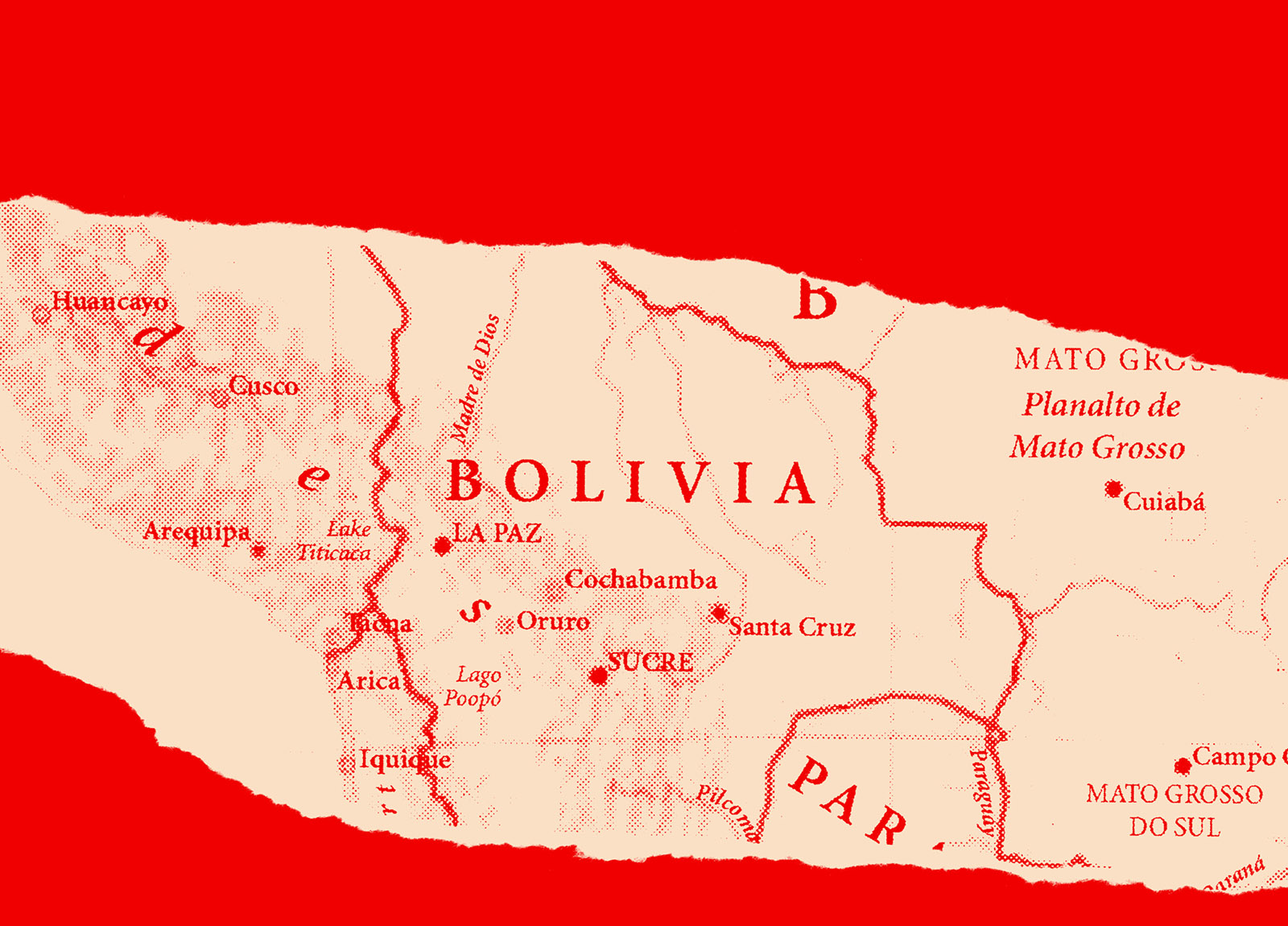In October 2019, Evo Morales, the president of Bolivia who had long opposed U.S. economic penetration of South America, and who had insisted on Bolivian control of the country’s massive lithium reserves, was reelected. This was an unsurprising outcome, in line with most polling models.
Soon after, however, Morales was charged with electoral fraud by the Organization of American States (OAS), a U.S.-funded group with a long history of supporting regime change favorable to U.S. interests in Latin America. The OAS report was based on thin evidence that was immediately called into question.
The OAS charges prefigured a military coup. Jeanine Áñez — a right-wing, virulently anti-indigenous demagogue — assumed the presidency without elections, brutally crushing pro-Morales protests and granting immunity to her supporters.
If you were reading The New York Times, however, you likely heard a slightly different story: a tale in which a power-hungry leftist leader rigged an election and defied the will of his people until he resigned under furious public pressure, prompted by an impartial rejection of his presidency.
In the immediate aftermath of the election, The Times lent broad credibility to the “damning assessment by the team of observers” at the OAS, reporting “a widespread sense that the president or his allies had worked behind the scenes to rig the vote.” The paper castigated Morales’ “consolidation of power,” quoting primarily from opposition politicians, OAS officials and U.S. diplomats. Further, it portrayed the OAS as an unbiased observer, omitting important context, namely its own close ties to the U.S. and General Secretary Luis Almagro’s penchant for supporting regime change in leftist-governed countries.
In one news article published in December 2019, The Times portrayed Morales’ ouster as representing a popular movement toward democracy. Rather than call the coup a coup, The Times wrote that Morales had “resigned” after “unrelenting protests by an infuriated population.” A month earlier, the paper made reference to Morales’ “fraud-marred presidential elections,” despite credible reports to the contrary.
The Times’ editorial board also weighed in, writing that, as a leader like Morales “sheds his legitimacy . . . forcing him out often becomes the only remaining option.” The installation of Áñez, whose party won just 4% of the vote in the 2019 election, did not draw such ire from The Times, which instead framed it as a regrettable but necessary action supposedly taken by “Bolivians,” many of whom still supported Morales. Case in point, a year later, after the unelected President Áñez delayed elections twice, Morales’ party, MAS (Movement Toward Socialism), convincingly won elections again and returned to power.
In line with prior practice, in 2020 The Times — months after the facts were most relevant to the situation on the ground — admitted that “the Organization of American States’ statistical analysis was itself flawed” and that it “relied on incorrect data and inappropriate statistical techniques.” In typical fashion, The Times did not examine its own role in pushing evidence that facilitated a right-wing coup.


